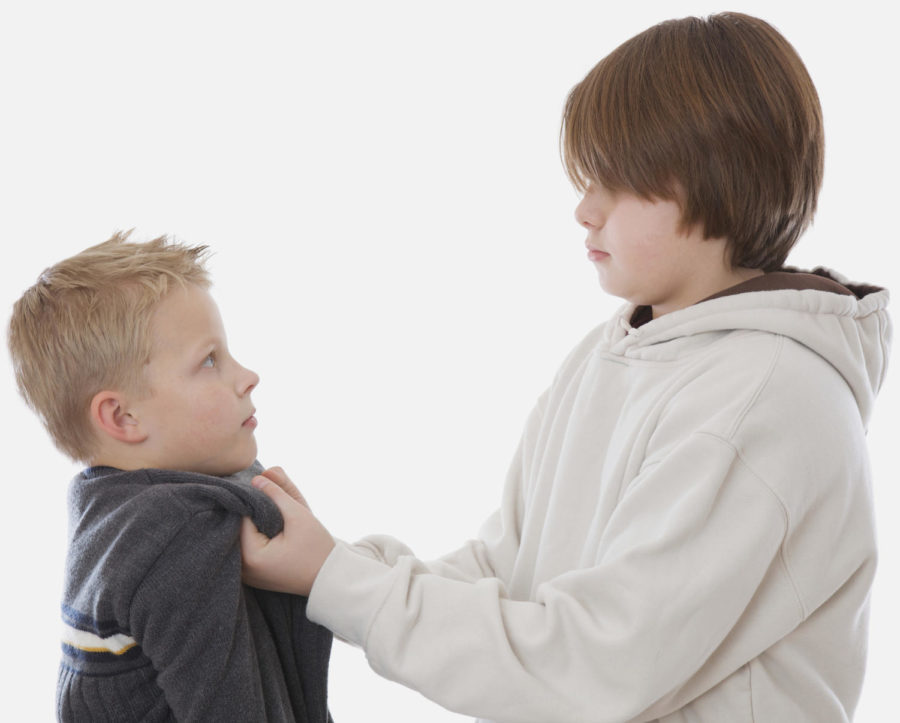Bill introduced which could decrease bullying
Columnist Benson Amollo states that both parents and community members should take more action to prevent children from being bullied.
March 12, 2013
Bullying has been a recent topic of interest in America, and Iowa is looking for ways to implement actions that will make cyber bullying more difficult to get away with.
Schools deal with bullying ranging from violent physical abuse to verbal and social media abuse.
In an effort to slow online bullying, Rep. Ron Jorgensen has introduced a bill that has received support from both republicans and democrats.
The bill was also endorsed by Gov. Terry Branstad.
“I support the bill because of the fights I experienced in Detroit. Most of them started from online and poured over to the classroom,” said Ronald Bradford, freshman in kinesiology and health.
“It was always one person being the aggressor and the victim not having the confidence to speak out and stand up for who they are.”
The bill has some critics that feel it may give school officials too much responsibility besides the job of instructing students.
“It would make the job more challenging. The state should look into what they would do to compensate teachers for going the extra mile. But it should be their priority to keep their students safe,” said Alec Fischer, a 19-year-old lobbyist against bullying.
“Children spend most of their time in the classroom; it would benefit the relationship between students and teachers if they felt comfortable in their environment.”
Critics of the bill believe that a lot of the cases will end up as court cases for First Amendment rights. The First Amendment guarantees our right to all forms of speech. The concern that lies with supporters and critics alike is whether the bill will infringe on these rights.
The bill gives teachers the ability to discipline students if bullying takes place online, but also allows the teachers a choice as to whether they want to intervene.
The choice to act or not interfere will prevent teachers and school officials from becoming vigilantes of social media sites. Teachers won’t spend countless time on social media sites monitoring for online bullying if they don’t want to.
“It is better that the states outline how they want schools to go about handling cyber bullying. Research has shown that schools that are left to make their own policies leave discrepancies between schools, allowing some schools to be effective while others are not,” Fischer said.
“It is better that the state comes up with legislation that will allow the policies regarding bullying in general to be uniform.”
According to the i-SAFE online safety foundation, “over half of adolescents and teens have been bullied online, and about the same number has engaged in cyber bullying. More than one in every three teens experience cyber threats.”







